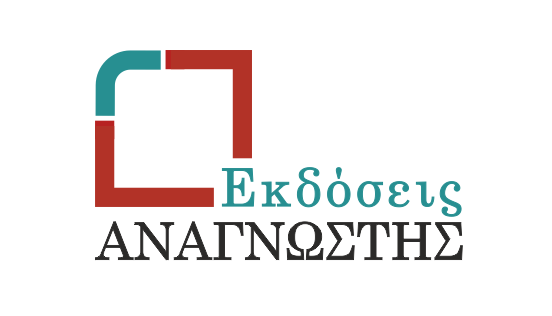Προδιαγραφές προϊόντων
| Χαρακτηριστικά | Χαρακτηριστικά |
|---|---|
| Ημερομηνία Έκδοσης | 5/2017 |
| Ξενόγλωσσος τίτλος | Ποιοι είμαστε; Η γεωπολιτική της ελληνικής ταυτότητας |
| Σελίδες | 208 |
| Διαστάσεις | 23x16 |
Μόνο οι εγγεγραμμένοι χρήστες μπορούν να γράψουν σχόλια
Βιβλία του ίδιου Συγγραφέα
Επιστροφή στην Αθήνα
Aθήνα που την αγαπούμε· Aθήνα που τη μισούμε· Aθήνα των περιπάτων και των συναντήσων, παρέες νεανικές, χρόνια νεανικά· αλλά και Aθήνα του έγχους, της ρύπανσης, των θορύβων και της κυκλοφοριακής συμφόρησης, αθηναϊκά τοπία βιασμένα, ταπεινωμένα, ευτελισμένα....
€17,67 €15,02
Ποιοι είμαστε;
Στον προβληματισμό γύρω απ αυτή τη διάσταση της αναμέτρησης των Ελλήνων με τον εαυτό μας, ο Γιώργος Πρεβελάκης με τη ματιά του ανθρώπου που προσεγγίζει αναλυτικά τον χώρο όπως αυτός φιλοξενεί την Ιστορία, με την πείρα και την αναλυτική λογική του γεωγράφου και του μελετητή του γεωπολιτικού, με την εμπειρία τέλος ενός ανθρώπου που χρειάστηκε να επεξηγήσει την Ελλάδα σε κοινά του εξωτερικού εισφέρει χρήσιμα και προκλητικά συνάμα αναλυτικά εργαλεία....
€23,00 €20,70
Τα ξύλινα τείχη
Και σήμερα που αισθανόμαστε απειλούμενοι, είμαστε υποχρεωμένοι να ελευθερώσουμε την γεωπολιτική μας φαντασία...
€23,00 €20,70
Στον Ο.Ο.Σ.Α.
Παρά τις παράλληλες τάσεις προς πολυδιάσπαση, η Ανθρωπότητα βαδίζει, ταυτοχρόνως και με επιταχυνόμενο ρυθμό, προς μια διχοτομική λειτουργία...
€15,00 €13,50




